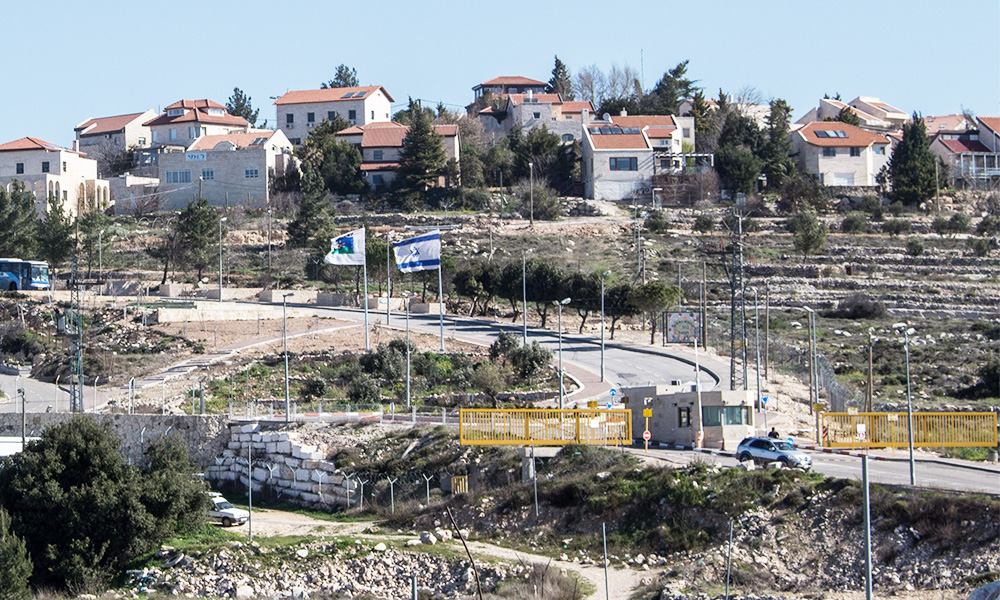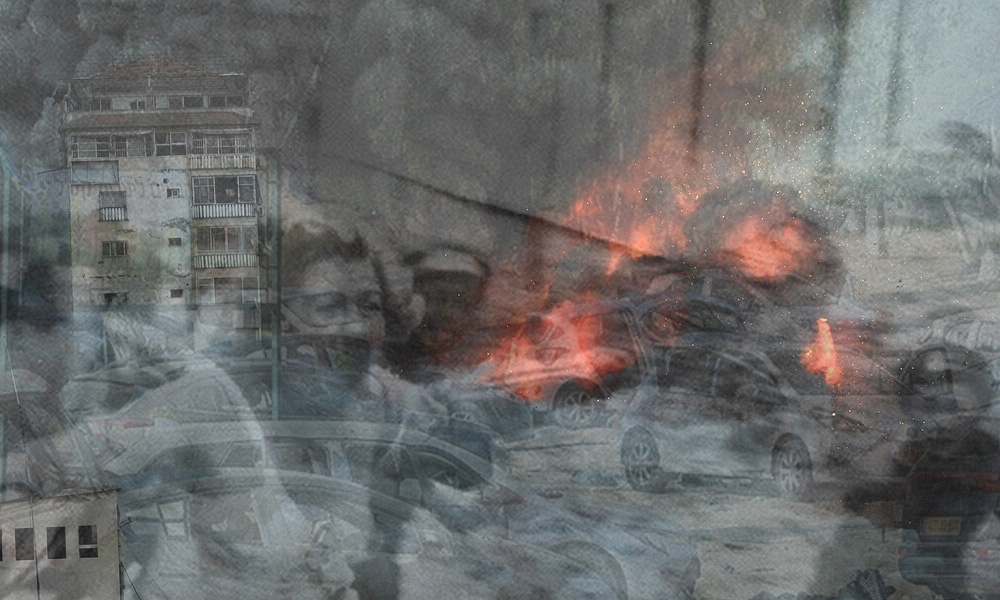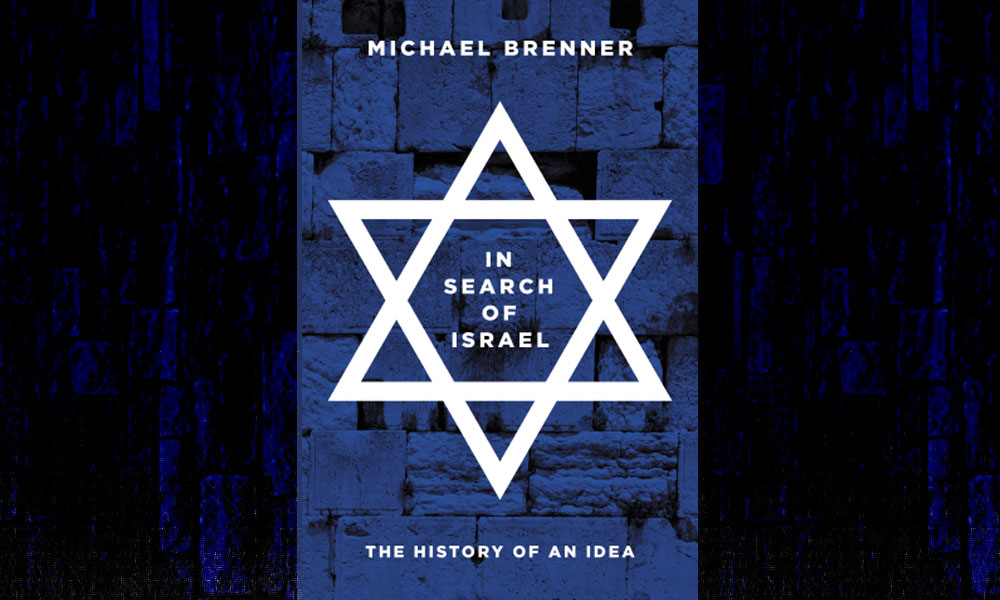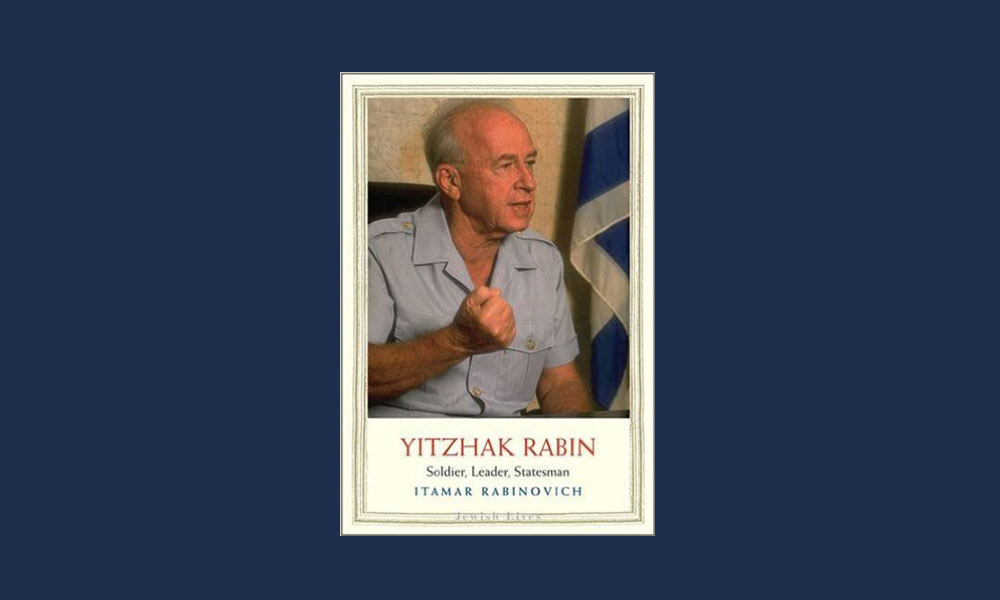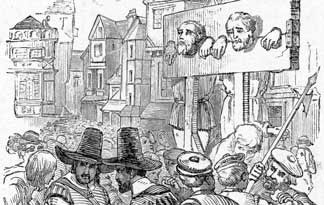David K. Shipler is a former New York Times Jerusalem bureau chief. He is the author of Arab and Jew: Wounded Spirits in a Promised Land, which won the 1987 Pulitzer Prize for General Nonfiction.
Devout militants have gained power among both Israeli Jews and Palestinian Muslims, making the conflict even more intractable. ...
The West Bank is such a crazy-quilt of settlements that Palestinian sovereignty there would require evicting tens of thousands of Jews. ...
The Israeli-Palestinian conflict is not only a clash of two nationalisms with overlapping claims to territory—it is also a clash of histories, whose wounds resist healing. ...
Brenner’s In Search of Israel: The History of an Idea chronicles the competing ambitions to preserve and nourish Jews and Judaism in safety, embraced by an array of Jewish thinkers and leaders from the late 19th century into the present. Would it be by assimilating into the dominant culture, as ...
A double myth about Yitzhak Rabin has prevailed since his assassination in 1995. For the Israeli right, his peacemaking attempts were and still are evidence of traitorous subversion. For the Israeli left, and especially to much of the outside world, his memory is crowned with rare nobility. ...
On 1979, an Israeli censorship committee chaired by the justice minister deleted five evocative paragraphs from Prime Minister Yitzhak Rabin’s memoir: his first-person account of the expulsion of Arab residents from the towns of Lydda and Ramle during Israel’s War of Independence in 1947-49. The description contradicted the heroic official ...
Until the separation of church and state, the colonies were a hotbed of persecution. ...


